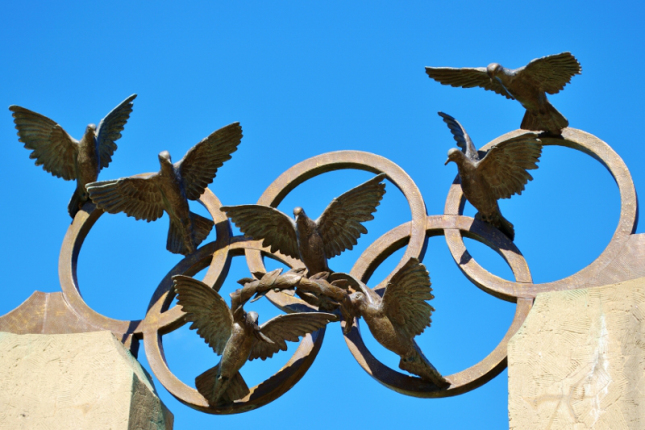Further to my post the other day about Air Canada’s crack-down on check-in times, I wanted to chime in on a story about tweeting passengers that recently made the rounds. In case you missed it, a pilot for the airline took to Twitter to tell off a complaining passenger and, according to newspaper reports, the internet cheered.
The passenger/tweeter in question was named Raff, and he wrote: “yvr to yyz – stuck on tarmac no updates for 20 mins. What the hell hurry up.” Pilot Yannick Charland was having none of that, so he replied: “It’s a red alert. Ground staff not allowed to work due to lightning in the area. You just flew across the country in four hours. Shut it.”
A bunch of commenters agreed with the pilot, throwing all the usual insults Raff’s way: he was spoiled, entitled, bratty and so on. (Reading his subsequent tweets, however, revealed him to be none of those things - he looked to be respectful and just simply wanted to know what was up.)
I had a few issues with the whole escapade. For one, a few story commenters does not “the internet” make, as the stories proclaimed, which is something that anyone who has been writing newspaper articles for any amount of time should know. More importantly, Raff did have a point - there was a legitimate and perfectly safe reason for the delay, so why weren’t passengers informed? Clearly the pilot was goofing around on Twitter - could he not have been bothered to make a quick explanatory announcement?
I’ve been on plenty of flights where that in fact did happen; it’s common courtesy and, in my books at least, a sign of a good crew and captain.
The biggest issue, however, was with the captain’s comment about flying across the country in four hours, a bit he clearly stole from comedian Louis CK.
The bit, about how passengers shouldn’t complain because they’re miraculously sitting on a chair in the sky, is actually hilarious, but that’s because Louis CK is in fact a comedian. It’s not as funny coming from a pilot, or from equally snarky internet commenters.
Come on, it’s 2013 - are we really not over the “miracle” of flight yet, despite more than a century of doing it? What exactly is the statute of limitations in regards to complaining about this particular technology? Should we similarly not complain about sitting in traffic because of the wondrous invention of the automobile, which also lets us traverse great distances at fast speeds?
It’s also worth remembering that the magical seat in the sky doesn’t come cheap. It actually costs a small fortune. Is the courtesy of a quick explanation really so much to ask in light of that?






